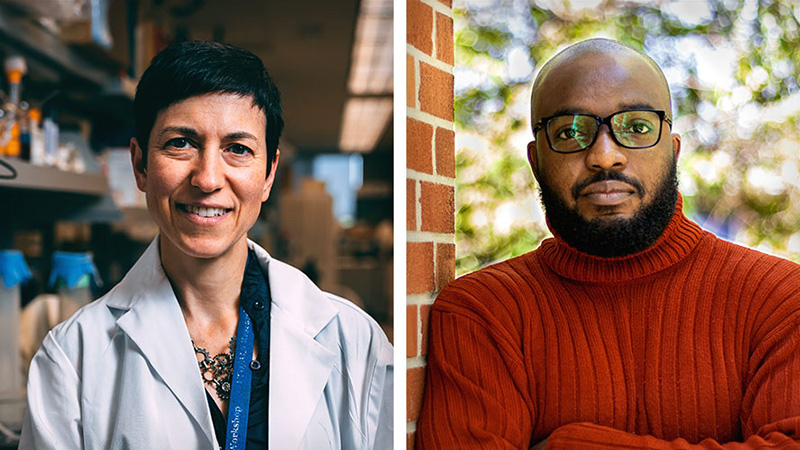When do brains grow up?
Argonne National LaboratoryMice typically live two years and monkeys live 25 years, but the brains of both appear to develop their synapses at the same time. This finding, published in a recent study led by neuroscientist Bobby Kasthuri of the U.S. Department of Energy’s (DOE) Argonne National Laboratory and his colleagues at the University of Chicago, is a shock for neuroscientists.

































